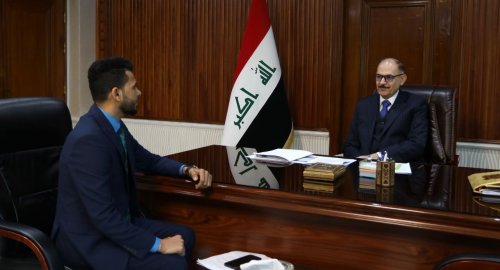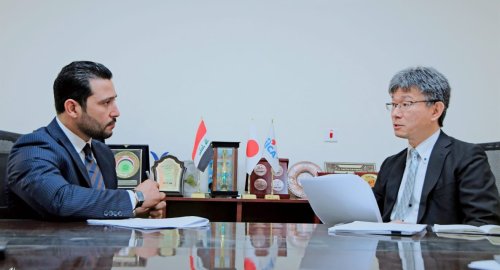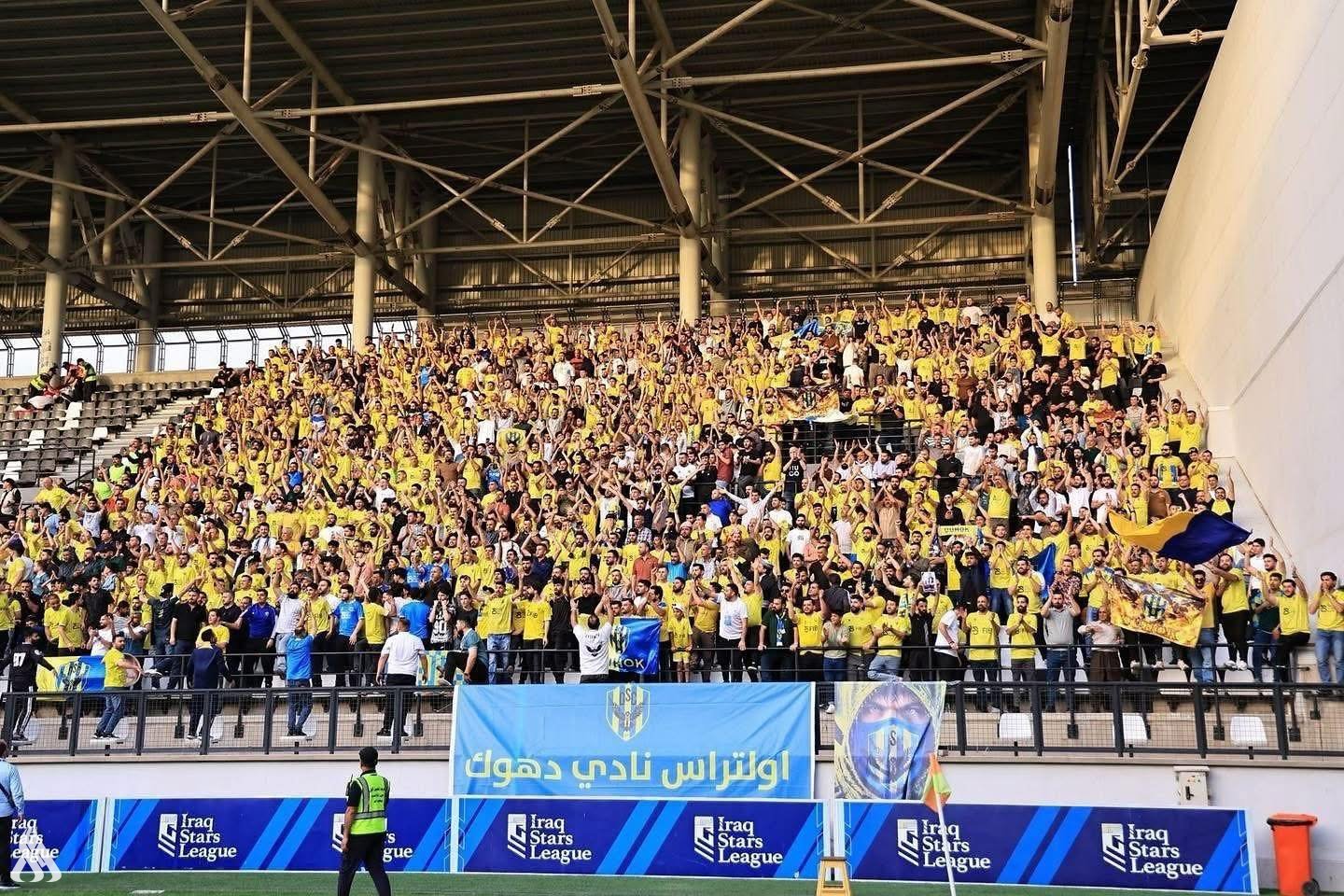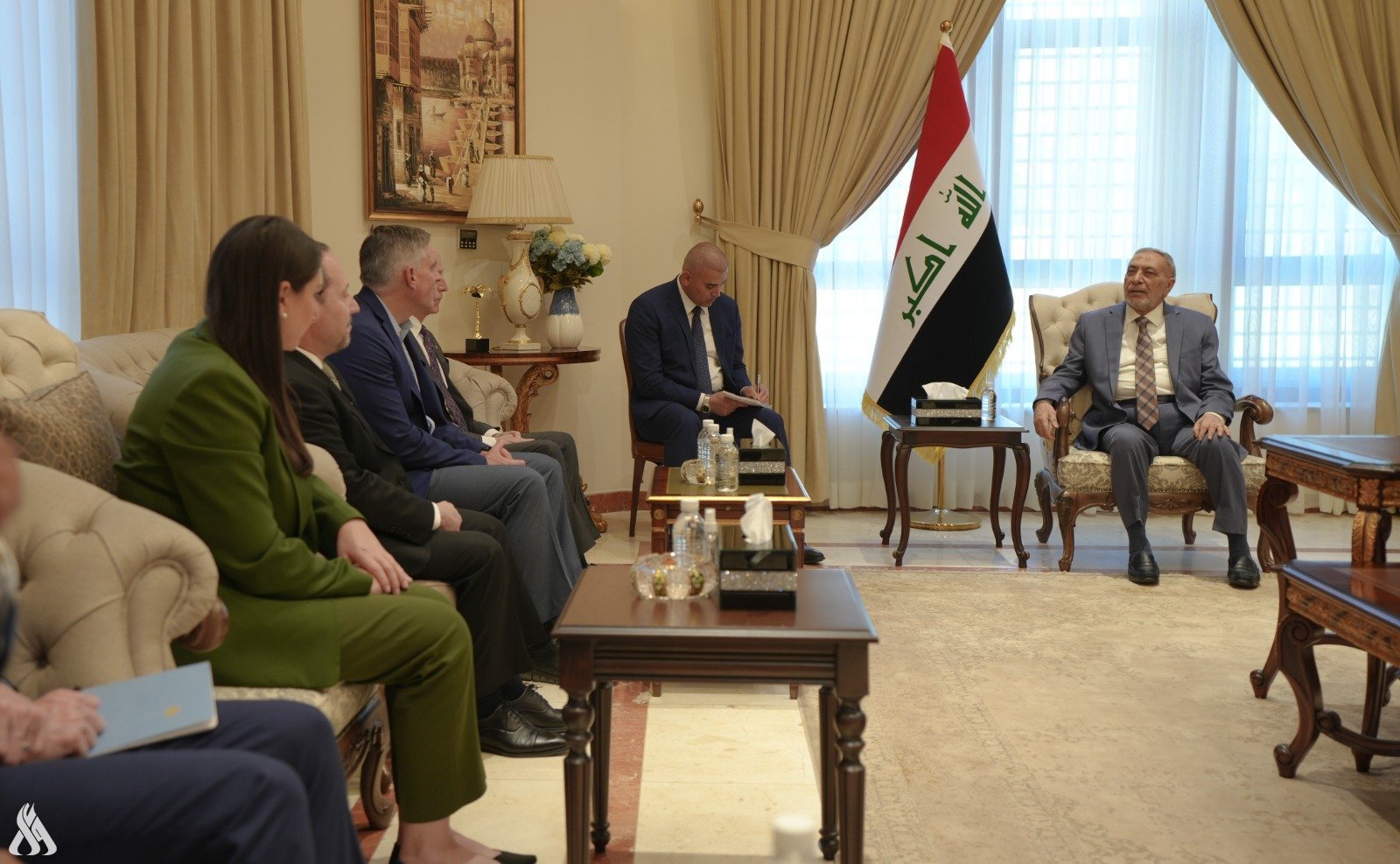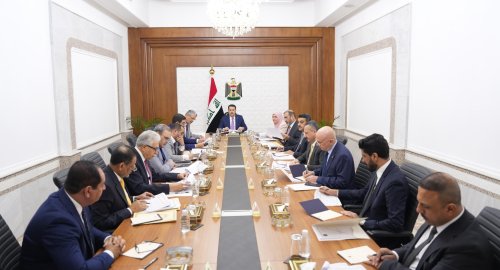
The Industrial Coordination Council Makes Several Decisions to Develop National Industry

- 13-04-2025, 18:11
Baghdad-INA
Prime Minister Mohammed Shia al-Sudani chaired a meeting of the Industrial Coordination Council today, Sunday, during which mechanisms for developing national industry were discussed and voted on.
The Prime Minister's Media Office said in a statement received by the Iraqi News Agency (INA): that "Prime Minister Mohammed Shia al-Sudani chaired a meeting of the Industrial Coordination Council today, Sunday, during which mechanisms for developing national industry were discussed, in addition to following up on the implementation of the decisions and directives issued at the previous meeting."
According to the statement, the Prime Minister directed the relevant authorities in the federal government and Kurdistan Regional Government to hold meetings to discuss unifying procedures and present recommendations to resolve problems and obstacles in order to support joint industrial projects.
As part of the government’s environmental protection efforts, the meeting approved a plan by the Ministry of Oil to supply liquefied gas to brick factories, replacing the use of fuel oil, in accordance with Cabinet Decision No. 24547 of 2024 on this matter.
The meeting also approved a decision requiring all governorates to allocate and divide 1,000 dunams of land for industrial projects nominated by the General Directorate of Industrial Development—either as a single plot or subdivided—within 90 days.
In line with the government’s import-export control policies, the meeting approved the registration of all imported products and their trademarks with the relevant Iraqi authorities to ensure compliance with approved standards, curb counterfeit or non-compliant goods, and strengthen oversight of imported commodities in support of the national economy.
In this regard, the meeting also assigned the Central Organization for Standardization and Quality Control and the Directorate of Organized Crime to monitor Iraqi products, track cases of industrial fraud or manipulation of specifications, and prevent the marketing of non-compliant and smuggled goods. Additionally, the meeting approved a mechanism to regulate the export of oxidized asphalt products and emphasized that draft agreements with other countries must not include tax or customs exemptions that could harm local industry.
To support the national electricity system, the meeting approved a mechanism to connect private sector industrial solar energy projects to the national power grid. This includes offsetting surplus solar-generated power against industrial consumption through a transparent net-metering system.
The meeting also voted to approve the inclusion of the Advisor for Industry and Private Sector Development in the Economic Ministerial Council, ban the export of paper and cardboard waste, and extend infrastructure services including water, sewerage, and paving to the Awerij Industrial Zone.
Gunmen kill 17 in latest Nigeria attacks: Police
- International
- 07:33
Duhok of Iraq and Qadsia of Kuwait match kicks off
- Sport
- 25/04/15
Four Daesh terrorists detained in Salahuddin
- Security
- 25/04/14
Two ISIS hideouts destroyed, killing those inside in Salah al-Din
- Security
- 25/04/13

